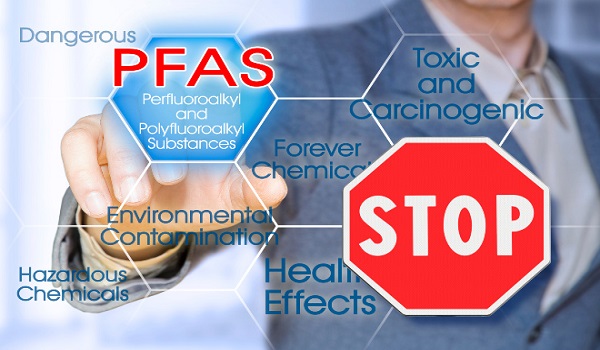NSF, a global public health and safety organization, has introduced NSF Certification Guideline 537 (NSF 537): PFAS-Free Products for Non-Food Compounds and Food Equipment Materials. This certification verifies that products are free from per- and polyfluoroalkyl substances (PFAS), commonly known as “forever chemicals,” which are linked to serious health risks, including cancer and liver disease.
PFAS are widely used in nonstick cookware, food packaging, and industrial products due to their water- and grease-resistant properties. However, concerns over their persistence in the environment and human exposure through food and water have led to stricter regulations.
“With growing concerns and new regulations on PFAS, NSF 537 is a major step toward consumer safety and transparency,” said Sam Cole, Director of Food Contact Evaluation at NSF. “This certification enables manufacturers to clearly distinguish PFAS-free products, ensuring confidence for businesses and consumers alike.”
Key Features of NSF 537 Certification
- Evidence-Based Standards: Aligned with existing U.S. state regulations.
- Thorough Ingredient Review: Confirms no intentionally added PFAS.
- Comprehensive Testing: Ensures minimal to no detected Total Organic Fluorine (TOF) levels, with annual retesting.
- Strict Manufacturing Disclosures: Requires attestation of no PFAS additives or post-consumer recycled materials.
- Certification Mark: NSF PFAS-Free products carry an official certification mark for easy identification.
- Public Listing: Certified products are listed in the NSF White Book and NSF’s Certified Food Equipment database.
“NSF 537 enhances product safety and strengthens consumer trust,” added Jyoti Bhasin, Managing Director, APAC, NSF. “By adopting this certification, brands can demonstrate leadership in sustainability and compliance while reducing human exposure to harmful chemicals”.
This certification opens new opportunities for manufacturers in food processing, equipment manufacturing, and the retail, food service, and hospitality sectors, helping them align with evolving global regulations and sustainability goals.


